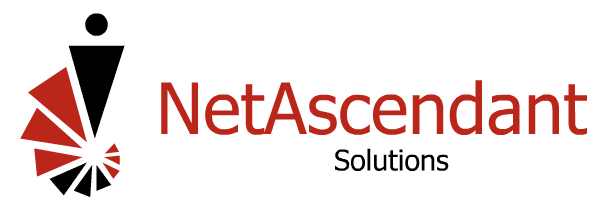Social Media Safety Tips for Business Users
Social media platforms provide a great way to maintain business contacts as well as keep in touch with family and friends. Many people also use social media to market their business and find sales opportunities. But these powerful tools can create risk for you and your organization. Hackers and other criminals use social media to gather information and identify targets for fraud or theft. Unsolicited messages may contain malicious links that expose your devices to malware. If a hacker gains control of your social media account, the threats could spread to all your connections.
Follow these tips to boost the security and privacy of your social media accounts and reduce risk:
Use strong passwords and two-factor authentication. Long, complex passwords provide a first line of defense against account takeovers. Be sure to use a different password for each account in case one is compromised. Better yet, enable two-factor authentication, which will require you to use your password and a one-time code to log in.
Turn on privacy settings. The default privacy settings in social media accounts may not provide adequate protection. Ideally, turn on privacy options that allow only people you know to view your posts. If you use social media for networking, turn on the strongest options you can. Make it a habit to check your settings — social media platforms regularly push out updates.
Don’t overshare. It may be tempting to tell your colleagues that you’re taking a weeklong Caribbean cruise. However, that kind of information could make you, your belongings, your loved ones and even your business a target. Disable geotagging and don’t post names, locations and other sensitive information.
Think before you post business information. When promoting your business online, consider how the information might be used. Details about executive leadership, managers, finance/accounting staff, and IT personnel could give criminals important clues about how to commit fraud.

